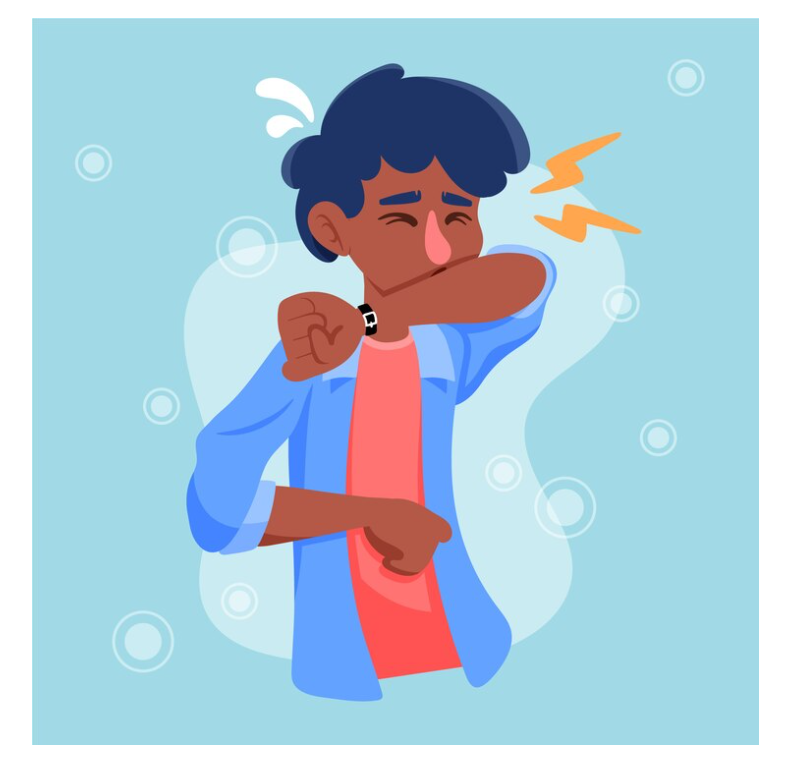
Understanding Productive Cough: What Causes It?
Introduction: Do you ever find yourself coughing up mucus or phlegm when you’re feeling under the weather? That’s what we call a productive cough. It’s your body’s way of clearing out the gunk in your airways. But what exactly causes it? Let’s delve into the reasons behind this common phenomenon.
What is a Productive Cough?
First things first, let’s define what a productive cough actually is. It’s a cough that brings up mucus or phlegm from your lungs or airways. Unlike a dry or non-productive cough, where there’s no mucus involved, a productive cough helps your body expel unwanted substances.
Causes of Productive Cough:
- Respiratory Infections: One of the most common causes of a productive cough is a respiratory infection, such as the common cold, flu, or pneumonia. These infections irritate your airways, causing them to produce excess mucus.
- Allergies: Allergic reactions to things like pollen, dust, or pet dander can also trigger a productive cough. Your body tries to flush out the allergens by producing more mucus, leading to coughing.
- Chronic Conditions: Conditions like chronic bronchitis, asthma, and COPD (Chronic Obstructive Pulmonary Disease) can cause ongoing inflammation in your airways, leading to a persistent productive cough.
- Environmental Factors: Exposure to smoke, pollution, or other irritants in the air can irritate your lungs and trigger a productive cough.
- Postnasal Drip: When mucus from your nose drips down the back of your throat, it can irritate your airways and lead to coughing.
Conclusion:
In conclusion, a productive cough is your body’s way of clearing out mucus and other irritants from your airways. It can be caused by various factors, including respiratory infections, allergies, chronic conditions, environmental factors, and postnasal drip.
If you’re experiencing a persistent or severe productive cough, it’s essential to consult with a healthcare professional to determine the underlying cause and appropriate treatment.
Understanding what’s causing your cough can help you take the necessary steps to alleviate your symptoms and get back to feeling your best.
To seek medical advice, always consult a Doctor. Here are our recommended experts. Click here
To read more on Respiratory disease . Click Here



